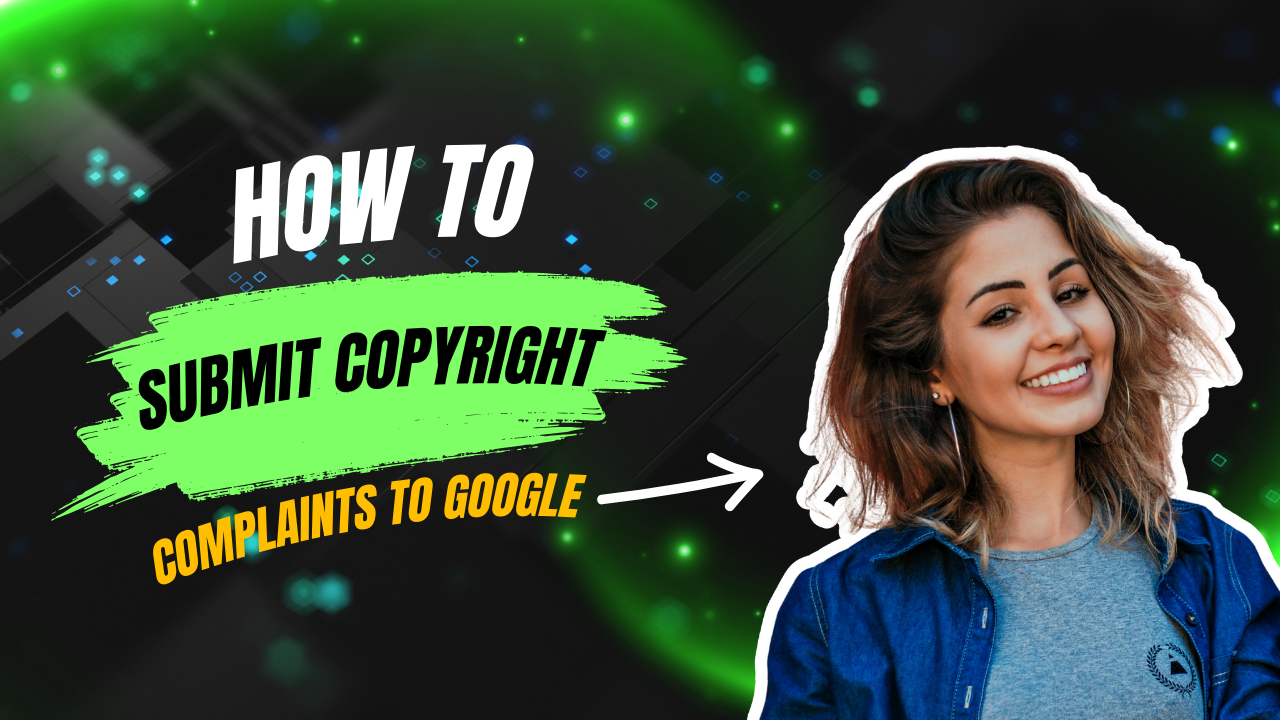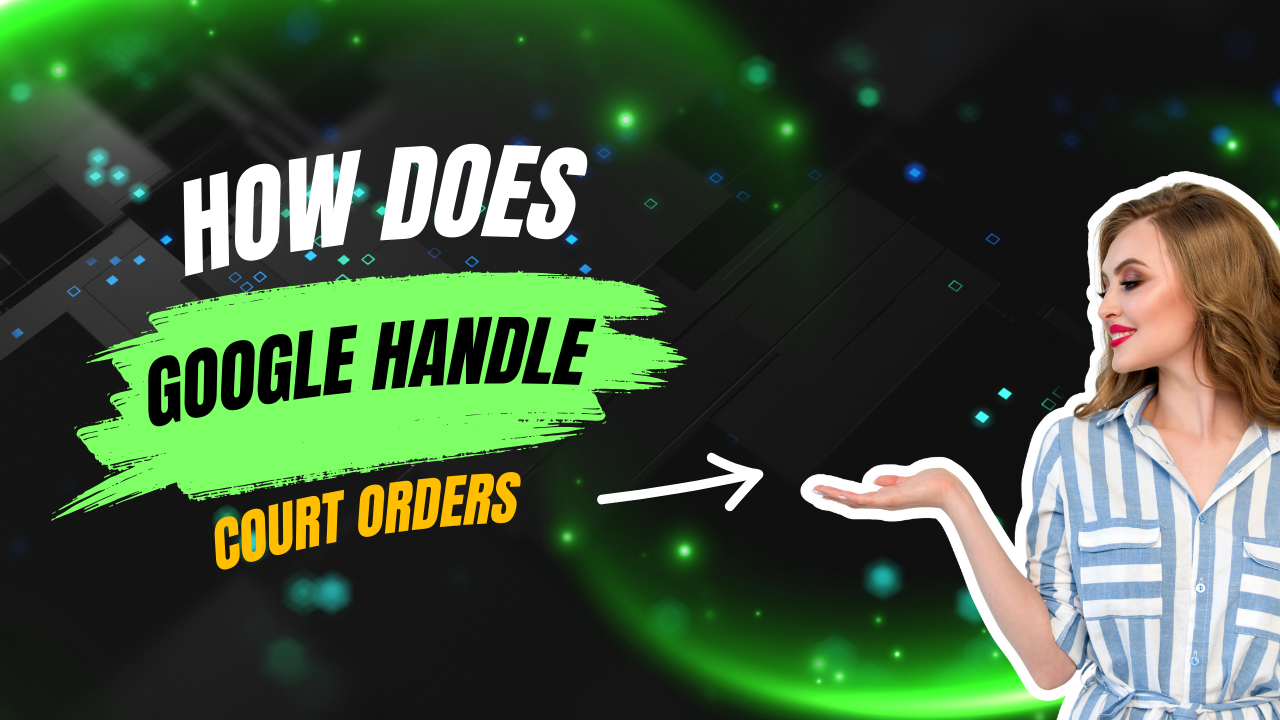Your rights to remove personal info beyond just deindexing
You Have Privacy Rights — Use Them
If your personal information appears in Google Search and you live in the EU, UK, California, or another privacy-regulated region, you can file a privacy complaint under GDPR, CCPA, or similar laws. This isn’t about “bad press” or bad reviews—it’s about your right to control your personal data.
This guide explains how to file a privacy complaint to Google and what content qualifies for removal under data protection laws.
More DB Insights: How to Remove Google Search Results
Step 1: Understand What You Can Remove
Google may remove content that violates data privacy laws, including:
- Full home address
- Personal phone numbers
- National ID numbers
- Signatures, bank info, or medical records
- Non-consensual images or videos
- Outdated or irrelevant personal info (EU/UK only)
⚠️ Google does not remove truthful content simply because it’s embarrassing or inconvenient. You’ll need to show it violates your privacy rights.
Step 2: Know the Law That Applies
If you’re in the EU or UK:
You’re protected by GDPR and the “Right to be Forgotten” (Article 17). This lets you request removal of personal data that is:
- No longer relevant
- Incorrect or excessive
- Used without consent
- Damaging to your privacy rights
If you’re in California:
You’re covered by CCPA. You can request deletion of personal data that:
- Was collected without clear notice or consent
- Isn’t necessary for a business to keep
- Has been shared with third parties without proper opt-out
Step 3: Submit a Privacy Complaint to Google
Go to:
🔗 Google Privacy Complaint Form
Choose:
“I have a legal issue that is not mentioned above”
→ “I would like to request the removal of content for legal reasons”
→ “I believe content should be removed for legal reasons”
→ “Data Protection Law (e.g. GDPR / UK GDPR / CCPA / LGPD)”
What You’ll Need:
- Full name and email
- The URLs of the content you want removed
- A clear explanation of how the content violates your rights
- Proof of identity (government-issued ID with sensitive info blacked out)
- Country of residence and applicable law (GDPR, CCPA, etc.)
- Optional: court orders or documentation if available
Step 4: Google’s Review Process
Most cases are reviewed in 1 to 3 weeks, depending on the complexity and the jurisdiction. You may receive:
✅ Removal Confirmation
Google will remove the URLs from results on localized versions (e.g. Google.fr or Google.co.uk), and sometimes on Google.com if applicable.
❌ Rejection
If your request doesn’t show a valid privacy violation or if it overlaps with public interest, Google may reject it. You can appeal or resubmit with more evidence.
🟡 Partial Removal
Sometimes, only some URLs are removed or only for specific name queries.
Step 5: Monitor and Escalate If Needed
If your privacy complaint is ignored or denied unfairly:
- Appeal using the follow-up link in the email
- Contact a Data Protection Authority (EU/UK) or California Attorney General
- Submit additional evidence and refile
- Contact a reputation management firm to escalate
Bonus: This Isn’t Just Deindexing
Privacy-based removals often result in:
- Total URL delisting from Google in specific regions
- Search-specific blocking, where the link is removed only for your name
- Notice of removal, visible at the bottom of the search page
This is not the same as using a “noindex” tag or suppression method. Privacy complaints trigger legal compliance obligations, not just search algorithm updates.
Final Note: These Requests Are Powerful but Precise
Filing a privacy complaint is one of the most effective legal tools for removing personal content—but it requires clarity, documentation, and strategy.
Make sure the information:
- Is clearly about you
- Isn’t newsworthy, public interest, or part of a public record
- Can’t be justified by journalistic or business exemptions
Need Help Filing a Privacy-Based Removal?
At ReputationDB, we help individuals:
- File GDPR and CCPA complaints
- Submit supporting documentation
- Monitor removal progress
- Escalate privacy cases across platforms



